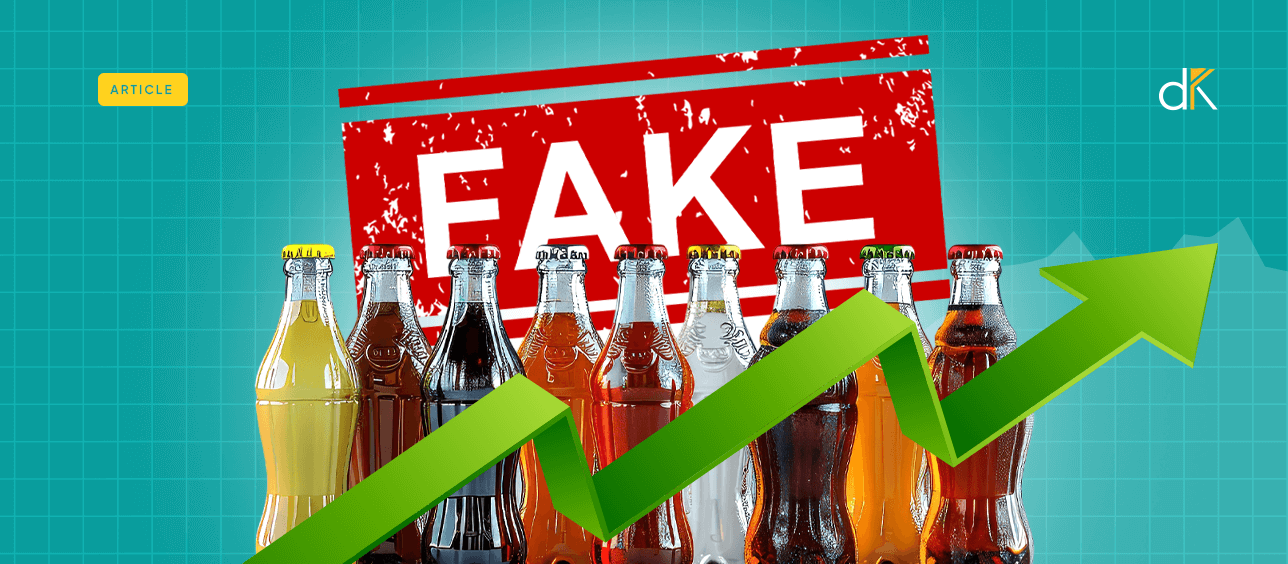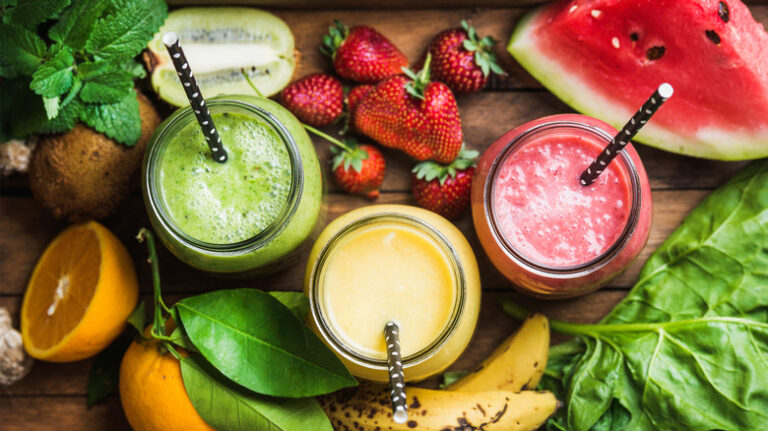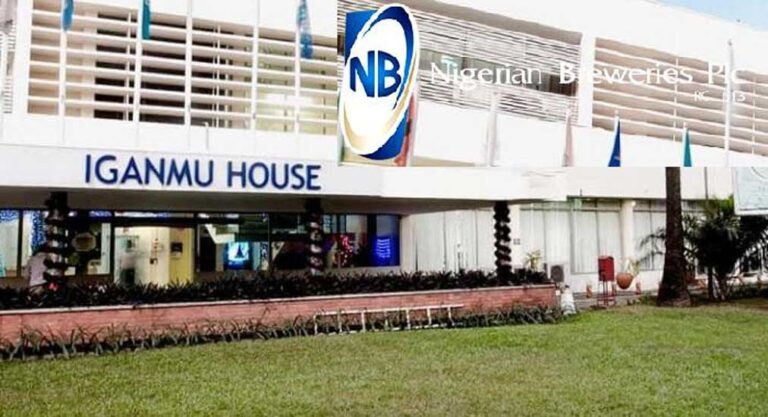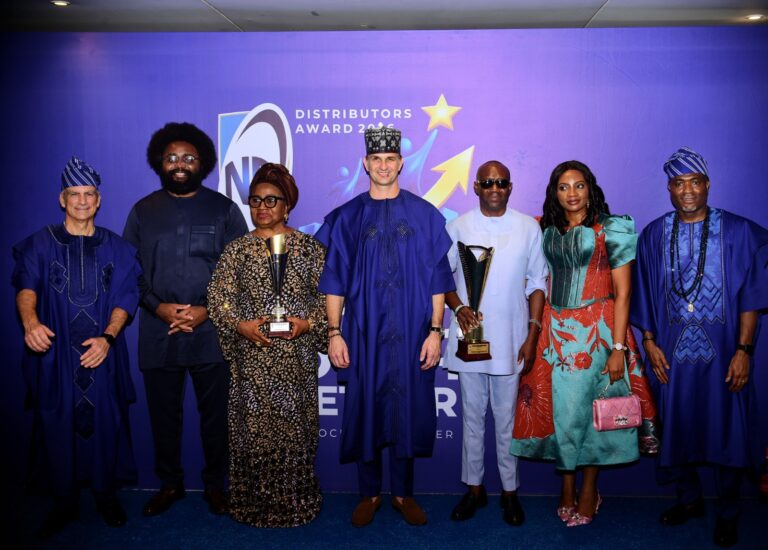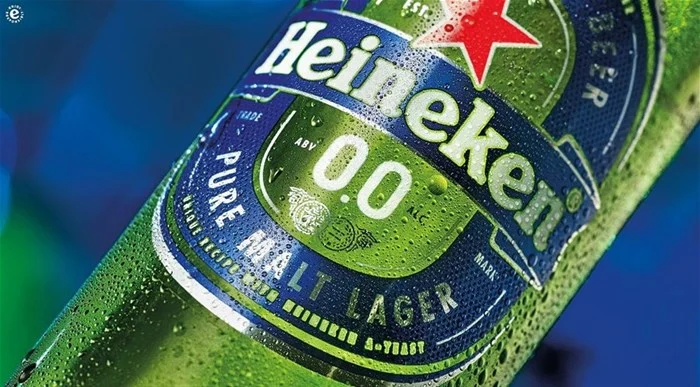“It has been the most unprecedented year for our business in Nigeria. We saw a significant decline in the mainstream lager market as a result of Nigerian consumers no longer able to afford a Goldberg after a hard day’s work.”
This is an excerpt from the presentation of the CEO of Nigerian Breweries Hans Essadi, lamenting the impact of inflation on consumer demand while presenting the companies’ financial results for the full year 2023.
NIGERIAN CONSUMERS’ REALITY
- Inflation and its toll on Nigerian consumers
The most important takeaway from the excerpt above is that consumers can no longer afford a bottle of Goldberg after work. It sheds light on how inflation has impacted consumers’ discretionary income and stretched options for the average Nigerian.
However, as of the year ending December 2023, which the company then was reporting for, headline inflation stood at 28.92% per data from the National Bureau of Statistics (NBS). Today, it has risen to over 33% in July despite crossing 34% in June, showing a slowdown in the rate of increase.
SIDE NOTES
- Headline Inflation: A measure of the total inflation within an economy, including all goods and services.
- Discretionary Income: The amount of income a person or household has left after paying for necessities like food, housing, and utilities.
- Sachetisation: The practice of packaging products, particularly fast-moving consumer goods (FMCG), in small, single-use sachets to make them more affordable.
- Bottom of the Pyramid: The largest, but poorest, socio-economic group of people in a population.
- Consumer Price Index (CPI): A measure that examines the weighted average of prices of a basket of consumer goods and services, used to assess inflation.
- Gross Domestic Product (GDP): The total monetary or market value of all the finished goods and services produced within a country’s borders in a specific time period.
- Adulterated: (In the context of food or drink) means to make something poorer in quality by adding another substance to it.
To cap it, this year, all major brewers in the country have either officially notified the public or unofficially increased prices of their products from Guinness, to Nigerian Breweries, International Breweries, Coca Cola, etc. This means that consumers’ purchasing power is far weaker now than in 2023 going by the inflation numbers and prices of goods.
To understand this better, let us consider a recent report by NielsenIQ which stated that up to 75% of Nigerians surveyed say they are in a worse financial situation than they were one year ago. It notes that factors worsening consumer finances in 2024 include; increased cost of living, increased transport prices and economic slowdown.
Nigerians are now pulling more resources towards the basics: food, transport and essential services rather than non-essentials like a bottle of beer. Although this is not a new phenomenon- as far back as 2021 a report by the Institute of Development Studies revealed that the minimum amount spent as a percentage of average wage in the country was 101%- only above war-torn Syria on the list which stood at 177%.
Let us take that figure for Nigeria with a pinch of salt, as we can neither verify the methodology used nor the part of Nigeria where the survey was conducted. A similar study by Picodi last year on how much Nigerians spend on groceries as a percentage of general spending revealed that we spend the most worldwide at 55%- in this case, it is the worst in the world.
The high spending by Nigerians on food and groceries denotes why food and beverages make up most of the Consumer Price Index (CPI) which measures the average inflation rate across the country. Hence, when food prices increase, general headline inflation increases as well.
- Consumers’ brand disloyalty
Now that the idea of ‘sachetisation’ of alcoholic beverages is being threatened or becoming less popular with the federal government’s regulators, the next outcome in a highly inflationary environment is for consumers to switch brands from popular to less popular or even unbranded products.
According to the recent NielsenIQ data, up to 7 in 10 consumers showed switching brands in response to increased prices of goods and services in the last one year. Further research from Coronation Merchant Bank reports for Nigerian consumers, the first concern in their minds is price, not even quality. Further breakdown of the data on brand disloyalty reveals that consumers of soft drinks, i.e. non-alcoholic beverages, were more likely to dump brands over high prices with up to 32% of consumers switching brands in the last one year. Also, alcoholic beverage consumers displayed greater loyalty to their choices brands with only 9% of consumers having dumped brands in the last one year.
PRODUCERS’ REALITY
- How producers react to inflation- the Sachet economy
There are two outcomes in a high inflationary environment as we currently have in Nigeria- ‘sachetisation’– repackaging products in bits inside sachets and switching brands or buying unknown brands/unbranded products. It can also breed the rise of fake products. We’ll delve into that later on in this piece. While the ‘sachetisation’ model could work perfectly for milk, sugar and other household beverage products, it has come under severe attacks in Nigeria despite its success with the bottom of the pyramid segment of the population.
Earlier this year, the National Agency for Food and Drug Administration and Control (NAFDAC) announced the enforcement of a ban on alcoholic beverages in sachets or less than 200ml PET bottles over claims of excessive consumption and cheap access to minors. While pressure groups strongly resisted the agency in the manufacturing and beverage industry, the ban is yet to be addressed. Although, the regulation authority currently enforces the ban with limited or zero effectiveness.
The Manufacturers Association of Nigeria (MAN) criticized NAFDAC, stating that the ban lacks empirical evidence and called for implementing better regulations instead of absolute bans.
- Rise of unregulated beverage companies and products (fakes)
In the past few years, there has been a growth in the number of local non-alcoholic and alcoholic brands challenging the known majors like Coca Cola, Pepsi, Heineken, Guinness and so on all competing for market share with the majors and they seem to forge a path for themselves thanks to proper distribution model to reach rural communities and low prices. Some individuals locally produce these products from home, while only a few products are registered and adhere to every health, safety, and regulatory standard. For example, zobo drink, Tigernut drink, and others are produced in unregulated environments where it is impossible to determine the extent to which health standards are adhered to.
Nigeria’s economy is largely driven by the informal sector, which contributes around 65% of Gross Domestic Product (GDP) and nearly 90% of employment in the country. It’s essential to recognize that Nigeria’s informal sector includes any economic activity or source of income that operates outside the full regulatory oversight of the government and other public authorities.
HEALTH IMPLICATION OF THE RISE IN UNREGULATED BEVERAGE PRODUCTS
At the nascent stages of the cholera outbreak in Lagos in June 2024, officials of the Lagos state government claimed it traced the cause of the outbreak to the consumption of unregistered tigernut drink by those affected.
Kemi Ogunyemi, the Special Adviser to the Lagos State Governor on Health, reportedly stated that a survey conducted by the Lagos State Government identified a common factor among the affected individuals: the consumption of a locally circulating tiger nut drink. Ogunyemi further revealed that the drink is not registered with the National Agency for Food and Drug Administration and Control (NAFDAC).
He noted that all patients who sought medical treatment reported having consumed this drink. While some health experts faulted the state government’s position, the likelihood of that being the cause is high.
Perhaps, more worrisome to public health is the blatant production of fake, adulterated products or date revalidation of expired products. These products usually appear cheaper and for non-alcoholic beverages, they are usually sold along major roads, motor parks and rural areas across the country where consumers are unsuspecting or do not carry out due diligence.
According to reports from the National Agency for Food and Drug Administration and Control (NAFDAC), the World Health Organisation (WHO) estimated in their Global Status Report on Alcohol and Health that over three million people worldwide died because of alcohol poisoning. The International Agency for Research on Cancer (IARC) determined that one in every ten The consumption of adulterated alcohol in Nigeria contributed to 4.7% of overall cancer cases in Nigeria in 2019, linking alcohol consumption to cancer cases.
Last year, NAFDAC in a sting operation uncovered a warehouse in the South-eastern part of the country where nearly N1 billion worth of fake drink production was being carried out with distribution across over 250 shops around the state. This is just one of the many instances of fake drink and wine production facilities sealed by the agency in recent times.
Following the revelation from NAFDAC, Nigerians began reeling their experiences with fake drinks on social media, creating a trend. NAFDAC’s revelation exposed that fake drinks are not only found in rural areas but also in urban centres across the country. Buyers are not solely enticed by cheap prices, as counterfeit products are sold at the same price as the original ones.
The widespread prevalence of fake products in the country results from the combined effects of high inflation, which has eroded consumers’ purchasing power, the expansion of the informal drink production market, and the greed of certain individuals exploiting the situation for profit.
WHY DOES THIS MATTER? (Deductions and Implications for Nigeria’s Beverage Industry)
- For Consumers:
- Shrinking Purchasing Power: High inflation is severely impacting consumers’ ability to afford even necessities, let alone discretionary items like beverages. This is forcing hard choices between essential and non-essential goods.
- Shifting Brand Loyalties: Price sensitivity is leading consumers to abandon established brands in favor of cheaper alternatives, regardless of quality. This is true in the non-alcoholic beverage sector.
- Health Risks: The rise of unregulated and counterfeit beverages poses significant health risks because of questionable production practices and potential adulteration.
- For Producers:
- Pressure on “Sachetisation”: While offering products in smaller, more affordable sachets has been a successful strategy, regulatory pushback (like the potential ban on sachet alcohol) threatens this model.
- Competition from Local Brands: The emergence of local, often unregulated, beverage producers is challenging established brands, particularly in reaching price-sensitive consumers.
- Opportunity for Innovation: The current environment presents an opportunity for established brands to innovate with new, affordable product lines or packaging options to keep market share.
- For the Industry:
- Growth of the Informal Sector: The informal beverage industry is booming, driven by demand for cheaper products. This presents both challenges (regulation, safety) and opportunities (job creation, innovation).
- Increased Regulatory Scrutiny: The government is likely to increase its scrutiny of the beverage industry, particularly regarding sachet packaging and the proliferation of unregulated products.
- Public Health Concerns: The rise of unregulated beverages raises serious public health concerns, potentially leading to outbreaks of waterborne illnesses and other health issues.
Drinkabl Deep Drive aims to unpack key issues and trends in Nigeria’s beverage industry. Subscribe to our newsletter to for more insights.

